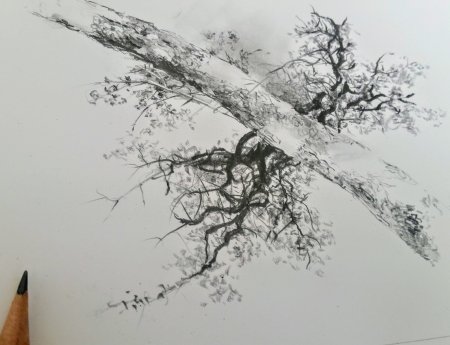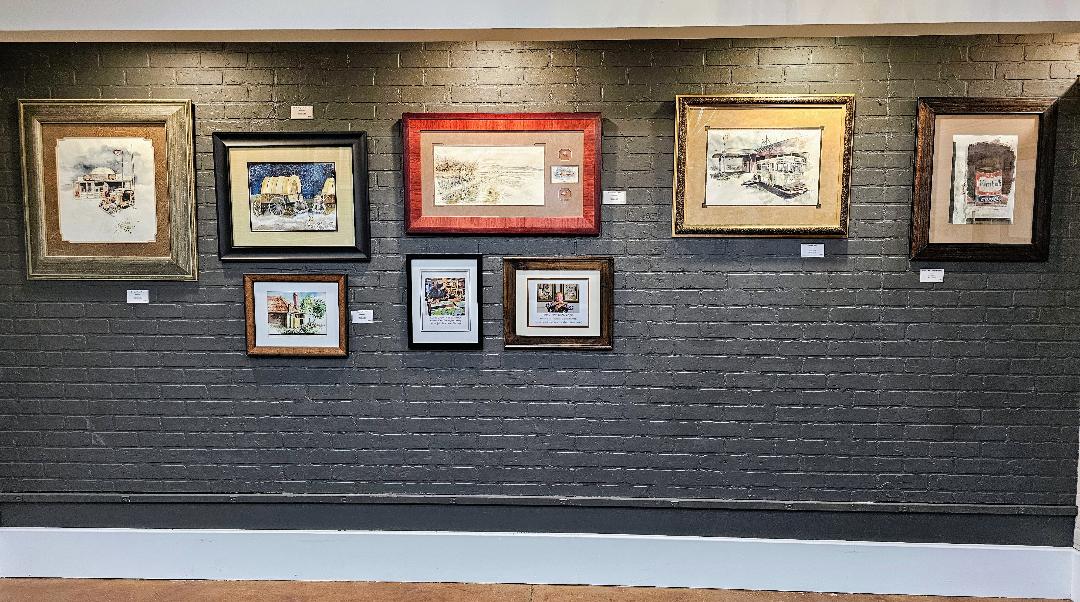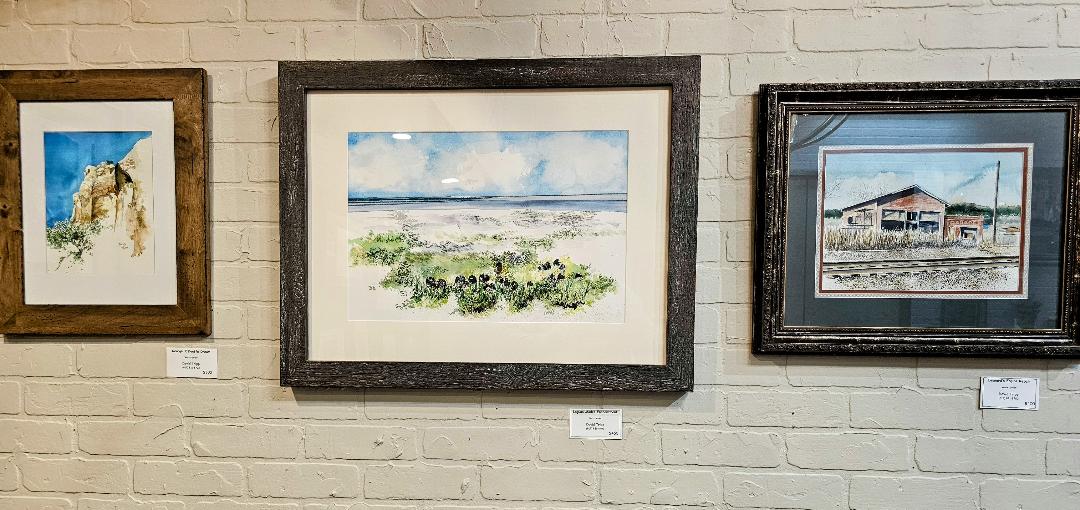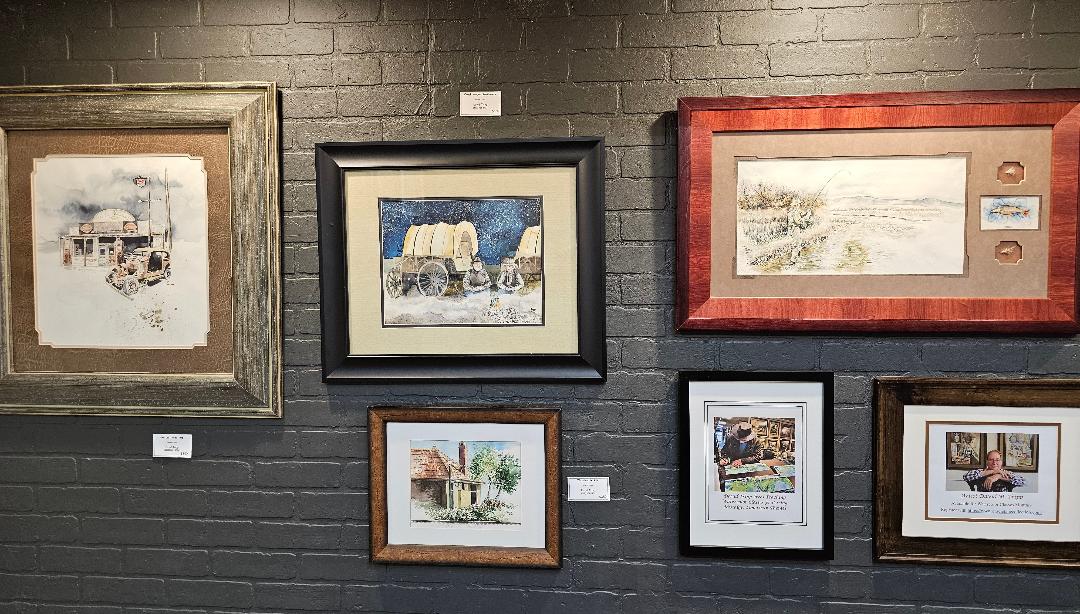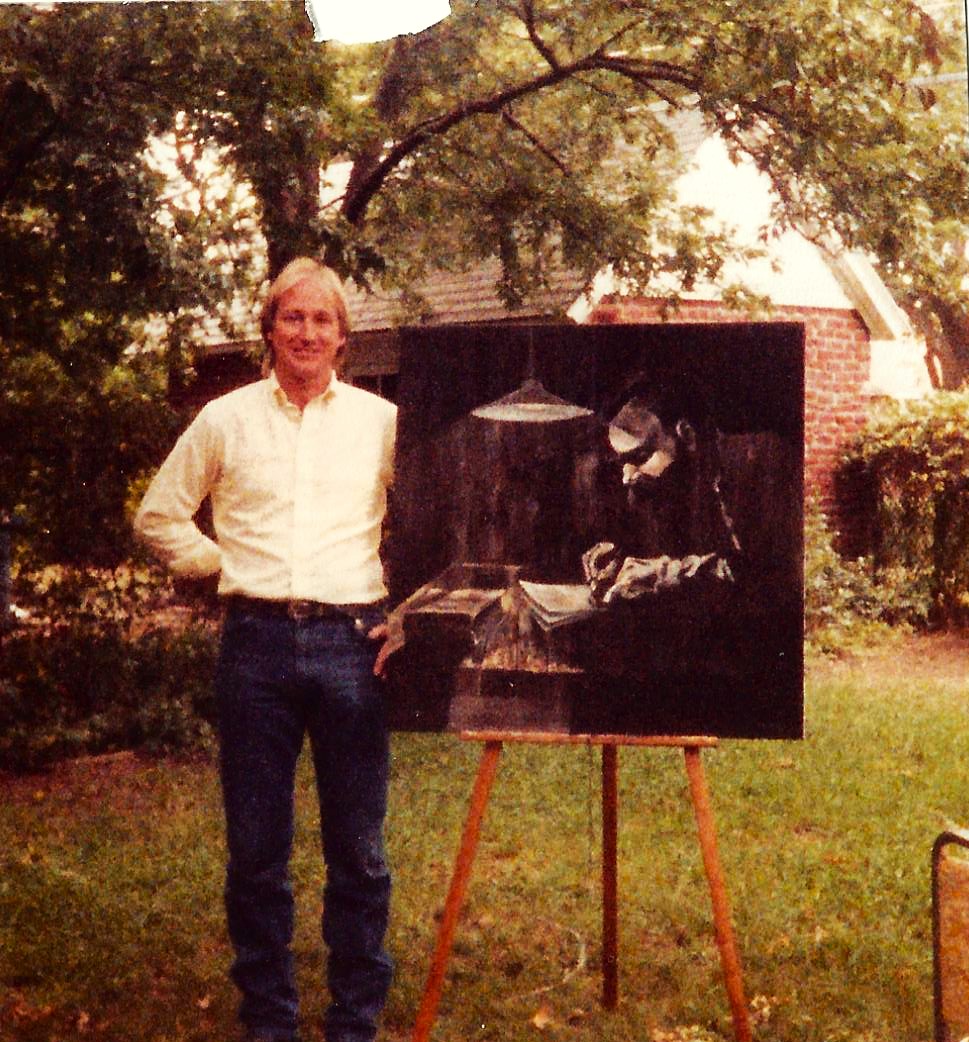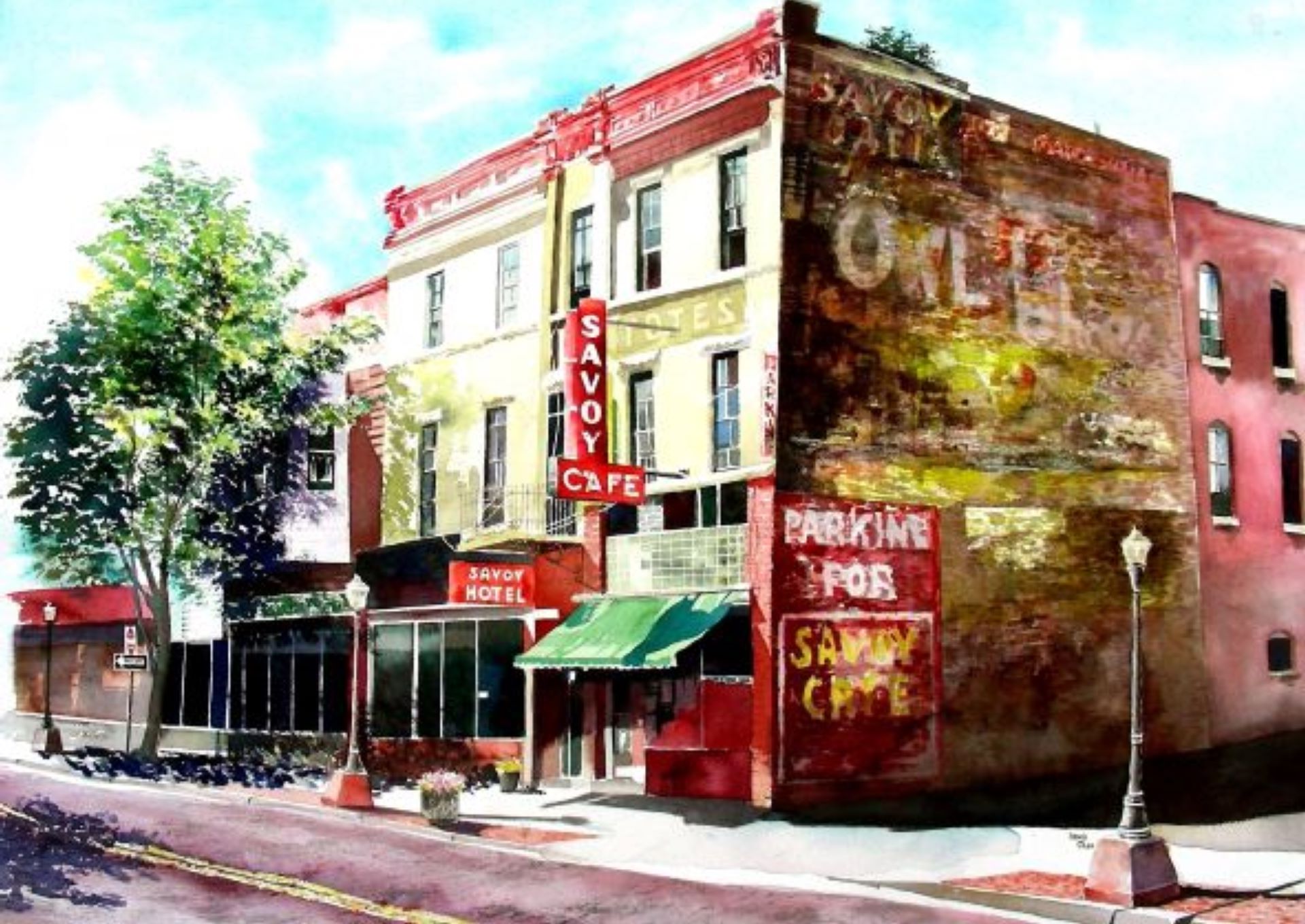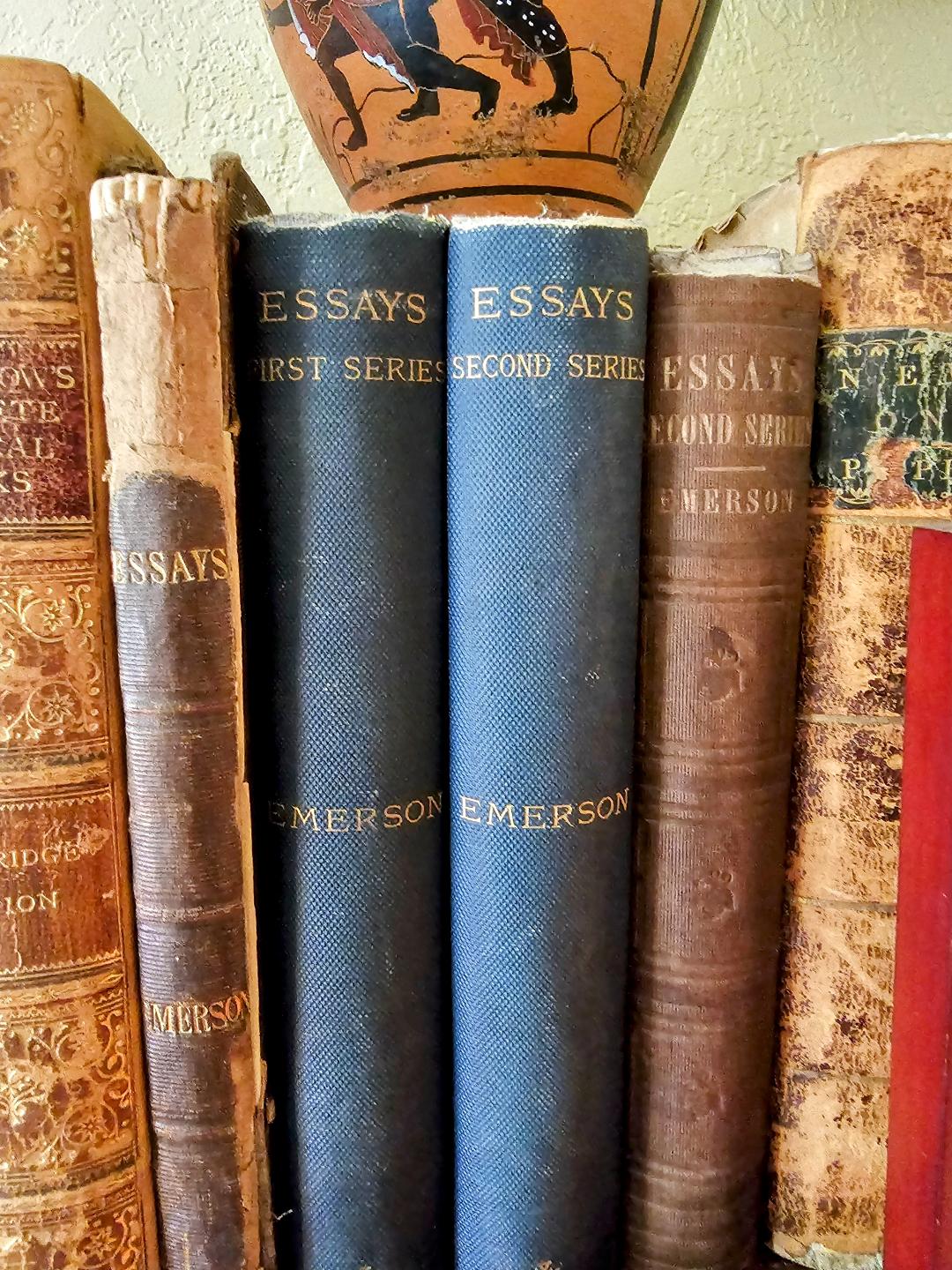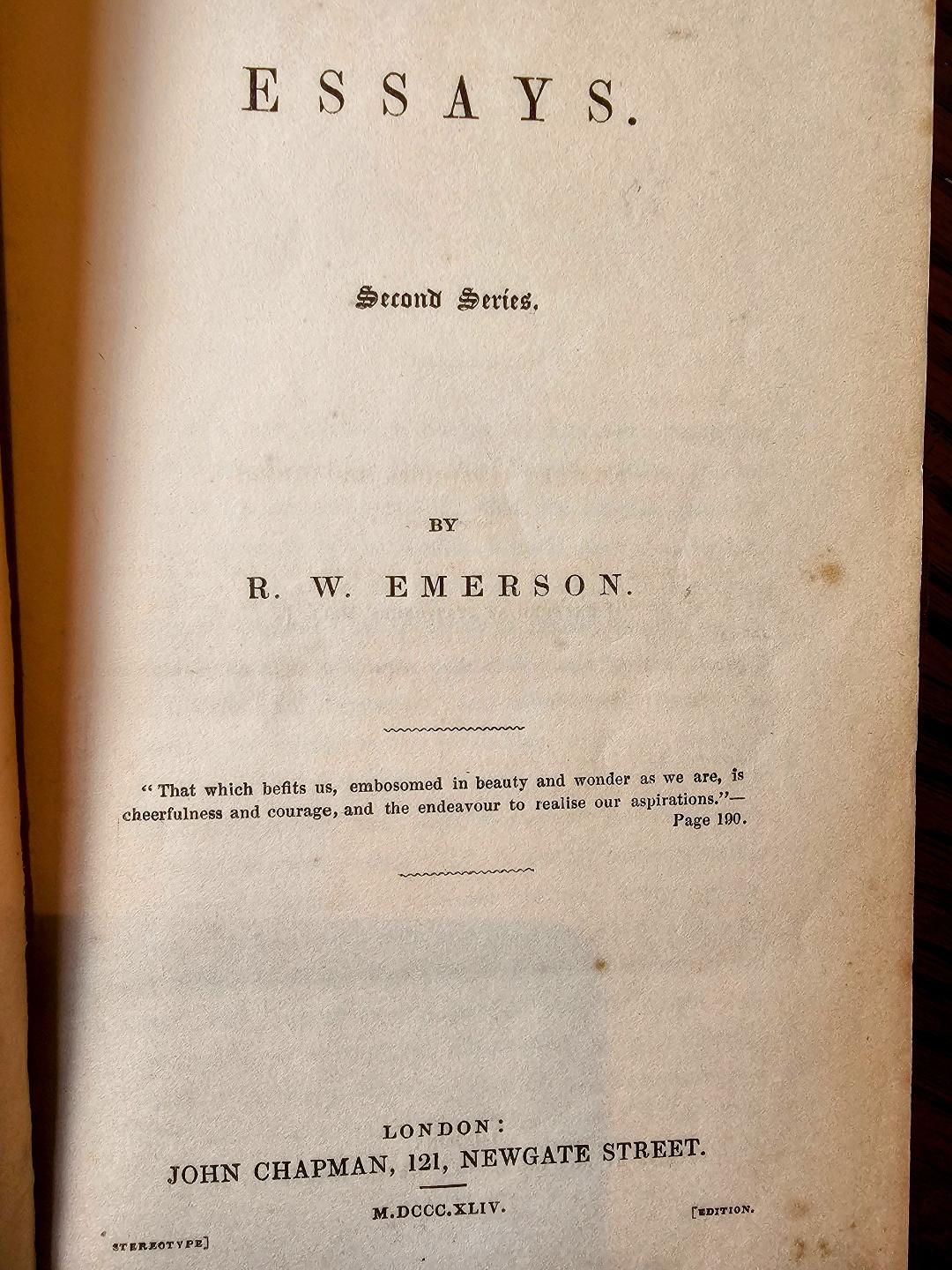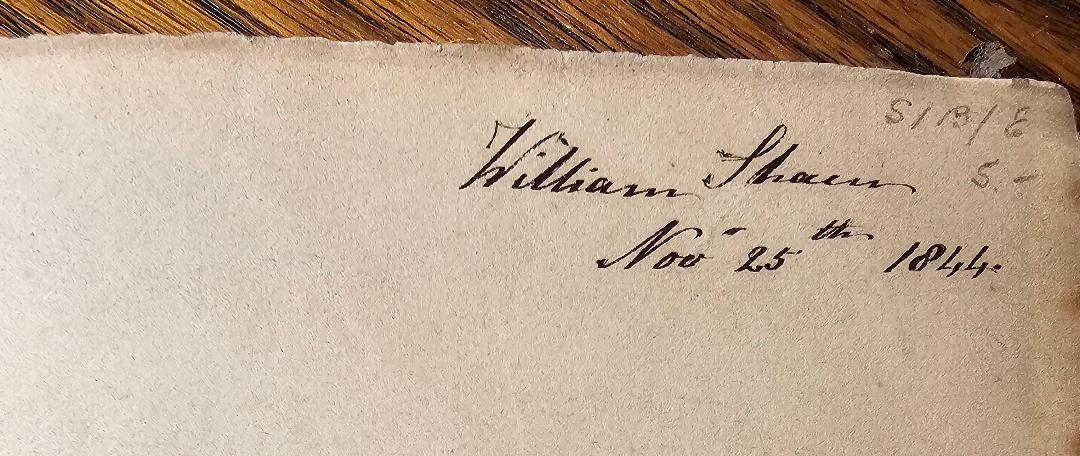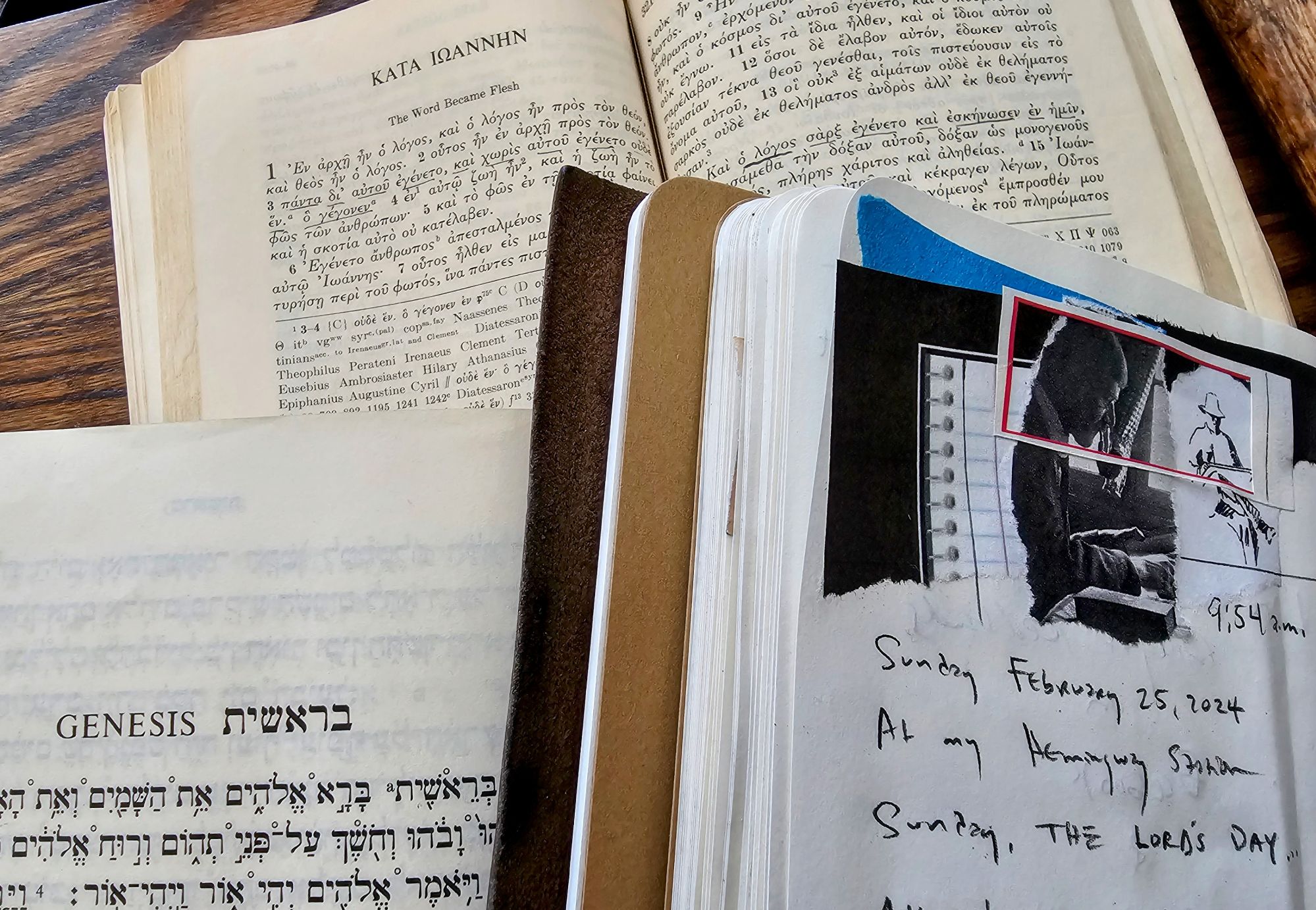This morning I opened a fat file of sermons I delivered over a decade from a Unitarian pulpit. After reading and revising a few, I’ve decided to post this one, hoping it might bring comforting thoughts to some.
Thanks for reading.
Shepherd or Liberator?[1]
Human beings are a curious species. Introduced to this earth, the individual immediately starts exploring boundaries, discovering rules, and trying to figure out what is supposed to be done in this life. Many have argued that one thing that separates humans from other living species is the ability to reflect, to examine oneself and try to figure out some kind of purpose to this existence. Life is a gift, yes. It was handed to us without our request, and without our participation. But we realize quickly that it takes a great deal of work and responsibility to sustain life. And I think it is safe to say that most of the human population is not content with just staying alive biologically, but seeks a measure of quality, comfort and understanding about what all of this is about. One of the fundamental sources that one turns to is religion.
And above all, since other people surround us, we desire to know how to get along. Thus, rules are proposed, constitutions are drafted, and people seek to sustain quality. As people seek order among one another, they appeal to laws of logic, but sometimes they still turn to religion.
All of us are familiar with the Hebraic religion, which would later spawn Christian and Islamic traditions. I am going to read now from the first book of the Hebrew Bible, the Book of Genesis, chapter one, verse twenty-six and following. And I’m going to take this reading from the seventeenth-century King James Version: “And God said, Let us make man in our image, after our likeness; and let them have dominion over the fish of the sea, and over the fowl of the air, And over the cattle, and over all the earth, and over every creeping thing that creepeth upon the earth. So God created man in his own image, in the image of God created he him; male and female created he them. And God blessed them, and God said unto them, Be fruitful, and multiply, and replenish the earth, and subdue it; and have dominion over the fish of the sea, and over the fowl of the air, and over every living thing that moveth upon the earth.”
From this ancient Semitic text, religious bodies have extracted a theological mandate to explore this world, find out how it works, and make responsible use of it. Life and this world are the gift of the creator God. As one reads further in the Hebrew Scriptures, explanations of people not getting along and disasters occurring are chalked up to disobedience, sin against the creator God, and his retribution.
When one turns to the traditions of the Hellenes, later called Greeks, two long epic poems emerge: The Iliad and The Odyssey. These brilliant literary works spin out a horrific story of a ten-year bloody Trojan War, followed by a ten-year, troublesome wandering odyssey, where our hero seeks to find his way back home, to the source of life’s values. All the breakdowns in society and hurtful fortunes of humanity, during this Homeric age, are attributed to sin against the gods and their measured retributions.
So, we pause at this point, and observe that both Hebrews and Greeks have left us an old belief system that can be summed up accordingly: “as in heaven so on earth.” Biblical scholars have tagged this as Deuteronomic theology. This is a belief system that explains rewards because of God’s blessing, and tragedies because of God’s punishment. Someone long ago should have warned religious questers to get off that ideological bus at the next stop, because this is not going to take anyone to any suitable destination. How on earth could anyone seriously believe that all good comes from obeying God and evil from offending him? Babies die. Good people suffer diseases. Accidents take away loved ones. And evil people can prosper and flourish and die at a ripe old age, rich, and in their beds with no pain of body or conscience. Deuteronomic theology never stood the test of the opening questions. So, we may as well go about the more fruitful task of finding a quality to this life, receiving its gifts, and making our contributions to its longevity and improvement.
I think back, way back to a world darkened in its early recorded history, when human beings lived in confusion, superstition, ignorance, wars, and suspicion of other cultures. All of them were preoccupied with carving out a living on this planet—a planet that didn’t willingly yield up its sustenance. Generations of thinkers tried to come to grips with the swirling mass of events that engulfed them, hoping with their thoughts and words to find meaning. In their Scriptures, the Hebrews wrote meditations like “The entrance of Thy Word giveth light.” Later, the Greeks would coin their own word “logos,” that we translate “word.” Also, from “logos” we get the word logic, a structure that imposes order on chaos. The philosopher Martin Heidegger urged that “logos” could be translated as “gathering together.”
I want to move us a little further down history now, in this reflection over the world and how things work. The Hebrew and Hellenic worlds found simple explanations of life’s rewards and calamities by making the gods responsible for it all. Such belief systems were naïve, and we can chalk it up to earlier ignorance and superstition, but we certainly cannot justify it today, after so many centuries have yielded up historical testimony.
It wasn’t too many centuries after the opening books of the Hebrew Bible and the tradition of Homeric verse before a group of independent thinkers whom we call the Presocratics, living in Turkey and southern Italy, broke away from these simplistic religious explanations around 585 B.C.E. This date marks the occasion when Thales of Miletus successfully predicted a solar eclipse. He did this by studying and making charts of the heavenly bodies. When the people surrounding him tried to declare him a prophet, a shaman, or even a god, he rejected these claims, declaring that he simply had been studying the movements of the heavenly bodies. This would begin the fundamental shift in thinking about ultimate matters away from “Who?” and in favor of “What?” The discussion shifted from religion to science, from mythology to physics. Instead of asking who made reality, the Presocratic asked “What is reality?” “What is the ‘stuff’ of reality?” The German word Urstoff is translated primary substance—what is the primary substance of reality? From what is everything made?
In our day, we would have called these Presocratic thinkers physicists. Some argued that the primary substance was water. Others said “air.” Others said “fire.” Some argued that reality was a mixture of the four prime elements: earth, air, fire and water. Eventually they would move beyond these physical explanations and toward the metaphysical, and would once again form some kind of quasi-religious explanation of how the world works. But let’s give them credit in the fact that they at least erased from these religious discussions all traces of some sort of personal, emotional, war-like God made in the popular images of frustrated humans. Yes, frustrated, exasperated humans. By the sixth century B.C.E., the Presocratics had eliminated these gods made in human images. And now look where we stand today after all these years. It amazes me that in our society, well-educated people still conceptualize a God with the angry demeanor of a James Dobson, pretending to Focus on the Family. How does one explain that?
Anaxagoras was the first Presocratic to suggest that Mind was behind all that we see: it was Mind that ordered chaos into a structure that could be understood and therefore managed. And this supreme Mind has left its copy in all of us—we possess minds to organize this reality that often comes at us in cascades of confusing details. One person wrote: “All was in chaos until Euclid arose and created order.” Pythagoras, the popularly quoted mathematician, was the first to coin the word “philosopher.” This is a compound Greek word whose meaning is one who “loves wisdom.” Note that the word does not translate “love of knowledge.” There are other Greek words, including epistēmē, that we translate as “knowledge.” But this is the word “sophia,” translated “wisdom.” Wisdom is more than knowledge—it is knowledge applied. Wisdom is the “art of steering.” The Hebrew word chochma, that we translate “wisdom,”refers to the helmsman, the shipman at the rudder, who applied his knowledge and skills to steering a course through treacherous waters.
Heraclitus of Ephesus next emerged and offered psychological, contemplative insight as he sought to understand his world. One reason he still appeals to writers, artists and psychologists is because his fragments offer up a poetry of dissonance. He argued that there is a tension to be found in the heart of the mind.[2] Instead of falling back on explanations of angry gods responsible for human suffering, he wrote that we have the conflicts within us, and “from the strain of binding opposites comes harmony.” He also said this: “Two made one are never one”. Arguing the same, we disagree. Singing together, we compete. We choose each other to be one, and from the one both soon diverge.” My God, I’ll consider that meditation more seriously than the one who says: “The reason we have conflict is because you refuse to submit to the laws of God.” Heraclitus also testified to the enduring power of the well-spoken word: “The prophet’s voice possessed of god requires no ornament, no sweetening of tone, but carries over a thousand years.”
Following three centuries of rich, lively debate about the world at large and the human’s role in it, an Athenian rose named Socrates. His life had been changed at Delphi, that rugged, mountainous site in the secluded crevices of the Greek mainland. Navigating his way patiently around and up the slopes of Mount Parnassus, he reverently approached the Temple of Apollo and consulted the Oracle. He was forever changed by the brief, pithy word given him: gnōthi seauton, Know Thyself. Returning to Athens, he dropped all discussions of gods and physics and went to the heart of the matter, which he summed up as this: “The unexamined life is not worth living.” Looking at the multitudes he was moved with compassion because he saw them chained inside a dark cave. His famous “Allegory of the Cave,” recorded in Plato’s Republic, has haunted me for decades now. He tells the story of people chained in a cave, able only to stare straight ahead at shadows flickering on the wall before them. These shadows are caused by a fire behind them, throwing images of whatever passes behind them onto the walls before them. This is the only reality they have ever known or discussed among themselves. Our hero is one of those captives who breaks his chains, rises, and climbs up out of the cave, discovers a whole new world of ideas and images, then returns to the cave to tell his fellow captors of this adventure. They reject him as strange and out of touch with reality, their reality.
Socrates, moved with compassion for the throngs of citizens that he envisaged as chained in their ideological caves, merely tried to set them free. Through his relentless questions in the marketplace, he tried to enable people to knock the padlocks off their minds and face life steadily and whole, to embrace it for what it really is.
Five centuries after Socrates, one Jesus of Nazareth looked up at his multitudes and was moved with compassion, for he saw them as wandering sheep with no shepherd. They were faint and without direction. Jesus would model himself as the good shepherd, leading sheep that were lost.
Here, I see a fundamental distinction between the perspectives of Socrates and Jesus. Socrates, seeing people chained in a cave, dedicated his life to helping them break their chains and climb out of the cave to freedom. Jesus on the other hand, perceived people as wandering lost and needing a shepherd. He would personify the nurturer, the caregiver for the scattered flocks. Somewhere along the roads of Christian history, a shift occurred. Leaders of the Christian movement somehow lost that compassion and replaced it with administrative theory. And now, rather than helping people who have lost their way, generations of shepherds have arisen that seek to lead these flocks back into the cave, where they can more easily chain them to look at the flickering shadows of their creeds and learn to recite their precepts mindlessly. It amazes me that Christian leaders in our century still invoke the name of Jesus in their justification of returning people to these caves and bondage. And where Socrates once used argument to spur debate, believing that such education brought freedom, the succeeding religious leaders have used the tools of fear, suspicion, intimidation, and indoctrination to padlock the minds and consciences of these sheep. These leaders have exchanged the shepherd motif of Jesus for that more suited to the border collie.
Civilization has come too far to turn back. Nietzsche’s hero Zarathustra chastised his nineteenth-century generation as being the first to relapse into former worn-out ideologies rather than surge forward in Enlightenment as their predecessors had done. I cringe at the same indictment this day: how long can this nation endure the Medieval superstition and fear mongering of media preachers spewing their invectives and converting mass media into mass hysteria? How long will our citizens willingly march lockstep into the ideological caves and sit obediently chained to worn-out creeds? As a people, what do we want, a liberator or a shepherd? A teacher or a locksmith? A visionary philosopher or an orthodox priest?
An exasperated Jesus one day exclaimed: “To what shall I liken this generation?” I close with that same question. Just what kind of generation surrounds us today? Is it feudal? Is it Medieval? Is it governed by fear, superstition, and ideological coercion?
Why are we Unitarians here? I believe we are here to practice religion freely, without coercion, and to recognize those liberties as human values in this society in which we live. And we acknowledge that there are chains that bind the citizens that surround us. But there are chains that bind us as well. What kinds of chains hold you these days? What things restrain you from reaching your potential, your freedom? The time has arrived to follow the example set by our liberator, to break the chains and explore the options that surround us these days.
[1] Sermon delivered at Arlington Unitarian/Universalist Church October 7, 2007
[2] David Farrell Krell, “Introduction,” to Martin Heidegger, Early Greek Thinking: The Dawn of Western Philosophy, trans. David Farrell Krell and Frank A. Capuzzi (San Francisco: HarperCollins, 1975), p. xvi.
